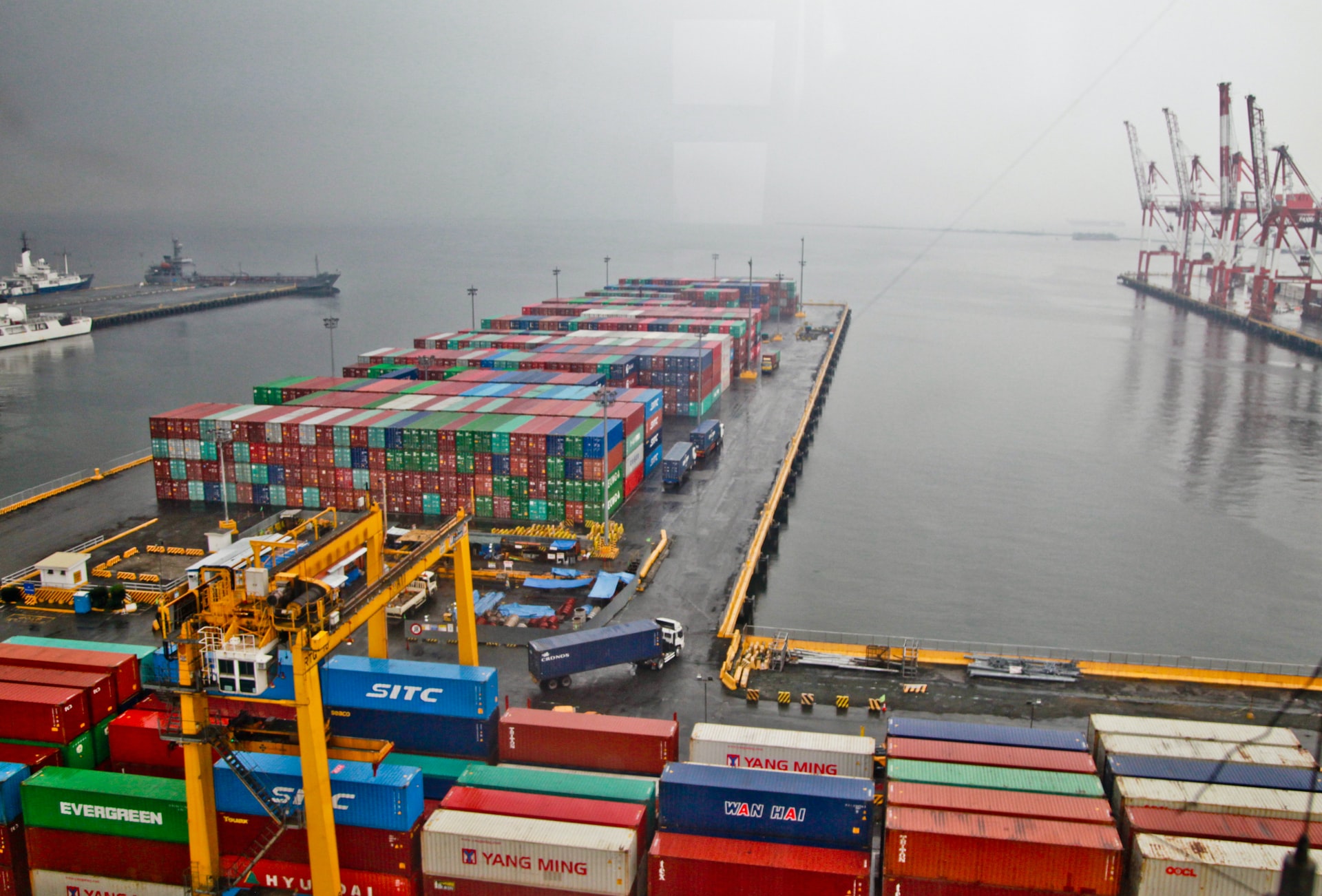Trade Compliance Best Practices - Roadblocks to Implementation


When looking at best practices for trade compliance, look no further than CBP's ISA (Importer Self Assessment) program and its handbook. While the ISA is very procedural and carries a heavy burden of overhead, it sets a great baseline for a best-practices trade compliance program.
- Have a trade compliance procedures manual that documents how you execute and manage trade compliance processes
- Have an individual that is clearly identified and responsible for trade compliance.
- Ensure that trade compliance processes are standardized, transparent, audit-able
- Have a process (minimum annual review) to review the process and procedures and be able to identify the risks to your trade compliance practices.
- Take corrective action to resolve any areas where risk has been identified and document the changes implemented.
Organizations cannot achieve what is considered best practices in Trade Compliance without having in place controllable processes that are flexible, adaptable, scalable, and show demonstrable value. In today's world, technology is an essential component if best practices are to be implemented and executed effectively. With the new, automated, and very affordable solutions available, a substantial and realistic argument can be made for implementing best practices in trade compliance. However, we often hear, as with anything new, that certain challenges come up.
These are the most common roadblocks that we hear from trade compliance professionals trying to implement best practices in their organization:
Value cannot be justified
If we look at why trade compliance has been slow to adopt technology it usually comes down to the fact that solutions have not delivered the value that could be justified or rationalized to the management of the organization. This is an argument with some justification. If you survey the current trade compliance solutions that are available, most are very expensive and targeted to the larger organizations with large volume, in sensitive industries where missteps in product classification or dealing with denied parties can lead to severe penalties. In today's world, this reason is very suspect. With the advent of cloud-based trade compliance solutions, they deliver exceptional depth in functionality at a fraction of the cost of the more established solutions. In most instances, these new solutions are cost justified within months if not weeks of implementation.
We have not had a problem with CBP or any other government agency
In the investment world, there is a standard caveat when talking about investing - "past results are not an indicator of future performance". There are significant changes taking place in the world of trade compliance that allows CBP and PGAs to more effectively monitor and review your information on imports and exports and build profiles about your organization. There is a real effort for more trade enforcement and this will result in more shipments being held at the border, more penalties or fines, or legal action. The past activities of CBP and PGAs is not an indicator of their future intent or actions. The result for importers and exporters who can not demonstrate good, if not best, practices in managing their trade compliance can/will be a price.
My management won't listen to me.
This reason is one that is heard frequently. It is not unusual for senior management not to have a clue about the importance of trade compliance. Senior management will react when there is a real supply chain problem caused by trade compliance issues when CBP comes calling for an audit and disrupts the organization when there is a material fine for egregious trade compliance practice. This is a real challenge for almost every trade compliance professional. There really needs to be a strategy to speak with management about the new trade compliance environment and the risks that it poses for the organization. The best way to deal with management is to find someone in the organization, or several someones, who is concerned about the risk the company may be exposed to if CBP or a PGA comes calling, finds the company in breach of the regulations, and cannot demonstrate reasonable care. This someone is usually in the area of legal counsel or finance. They are most often sensitive to issues of risk and will listen to a well crafted and reasoned presentation. Importantly if they can be convinced of the soundness of the reasoning they have the added benefit of having senior management's ear.
While most companies cannot rationalize nor afford the ISA program, they can, for the most part, implement almost all of the ISA requirements within their current structures. The bottom line is that almost any company can ensure a very high level of trade compliance with a very effective cost structure.


.jpeg)


